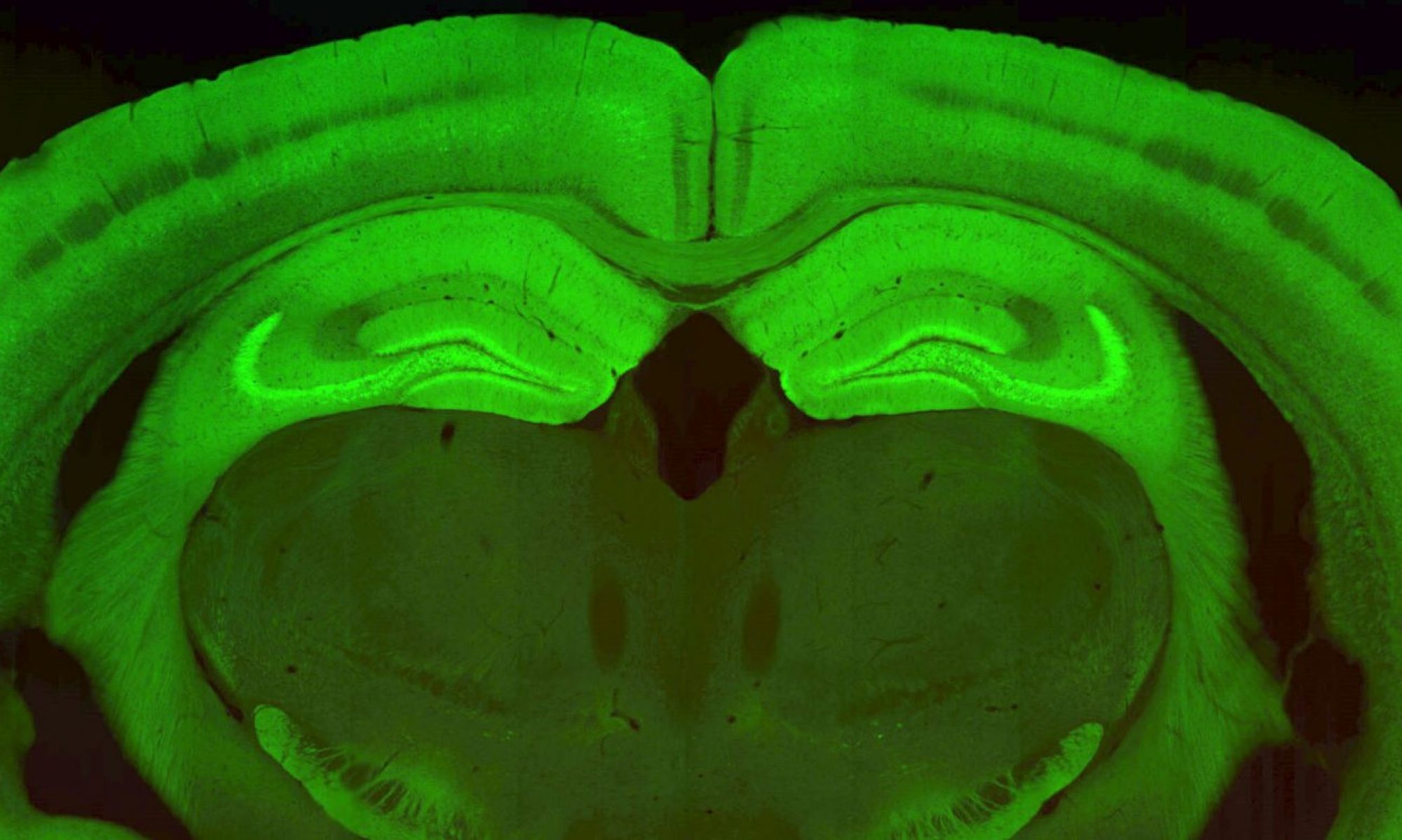sahagiaa@uci.edu
BIO SKETCH
I am a fourth-year Biological Sciences major with a minor in Medical Anthropology. I have been at UCI for two years—after completing the first half of my undergraduate education at UCR—and have been an undergraduate researcher in Dr. McNaughton’s lab in the entirety of my time at UCI. Beyond my involvement in this lab, I am heavily invested in volunteering at the UCI Medical Center, where I provide assistance at the Emergency Department, Outpatient Services, Core Lab, and Sterile Processing. I have also dedicated quite a bit of time shadowing physicians at the UCI Medical Center in the Department of Anesthesiology and the Division of Surgical Oncology, allowing me to gain a better understanding of the field of medicine. Much of my undergraduate career has been defined my desire to teach, which is reflected in my involvement of the Learning Assistant program at UCR, where I assisted in instructing an introductory Cell and Molecular Biology laboratory course, in addition to my involvement in the Bio Sci Peer Tutors program at UCI, for which I am a tutor for an Ecological and Evolutionary Biology course. My ultimate goal is to pursue a career in medicine, potentially in the field of neurology.
RESEARCH PROJECT
The study I am working on (under the guidance of Dr. McNaughton and Scott Kilianski) investigates the process of “memory replay.” Specifically, we are investigating the effects of hippocampal inactivation on spatial navigation and spatial sequencing memory tasks. Rats involved in this study will learn to run specific spatial sequences within unique, associated contexts of distinct proximal and distal cues. At various points of a training paradigm, either saline or muscimol (a GABA receptor agonist) is infused into the hippocampus via implanted cannulae. With the use of muscimol-induced hippocampal inactivation, we are looking analyze the extent to which spatial navigation and spatial sequencing is impacted over the course of several training paradigms. Recording data is made using microelectrode arrays in a terminal surgery. For this experiment, I am responsible for assisting in surgeries, behavioral training, behavioral testing, data analysis, cannula construction, and tetrode construction.
I recently received an appointment as a fellow in the Undergraduate Research Opportunities Program (UROP) for the 2017-2018 academic year for my proposed research project, Investigating Hippocampal Function in Memory for Spatial Sequences, for which I was awarded funding.

